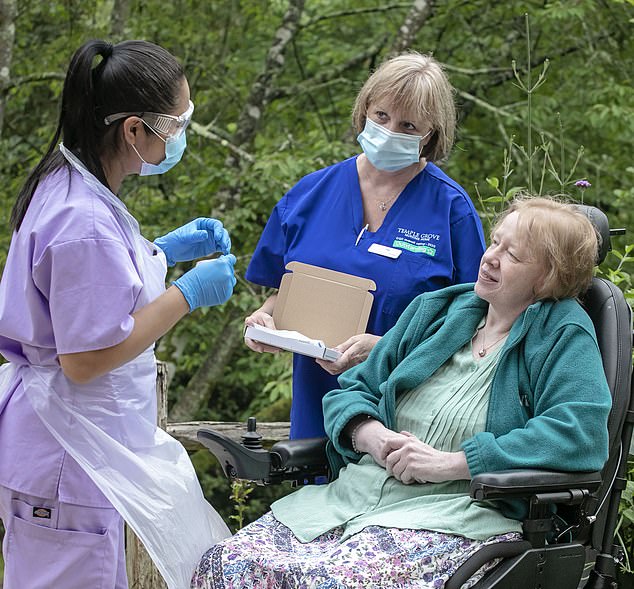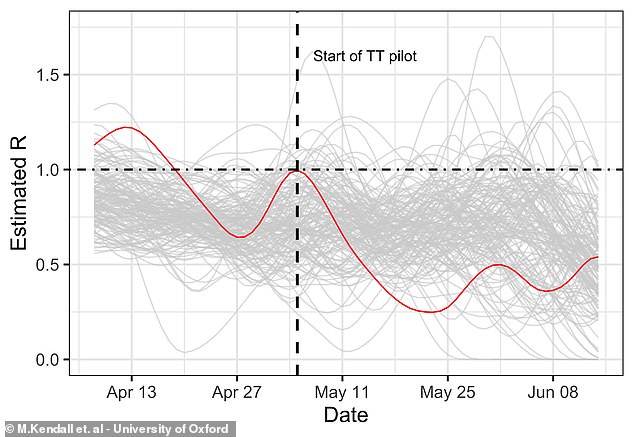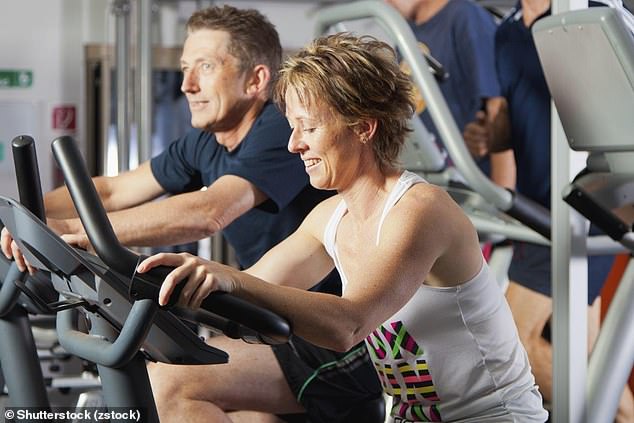Average person has over 6,000 thoughts per day, according to study that isolated a ‘thought worm’
Average person has over 6,000 thoughts per day, according to study that isolated a ‘thought worm’ in the human brain showing when an idea begins and ends Researchers have for the first time isolated a thought worm in the human brain By doing this, the team was able to see when a thought begins and … Read more








